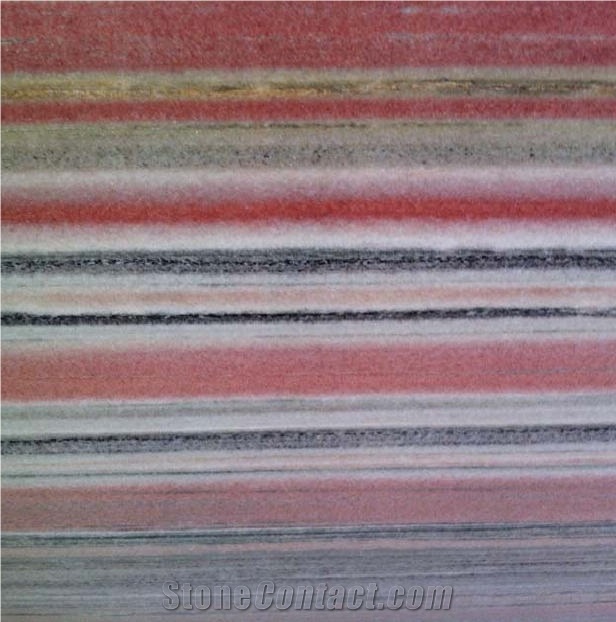Rosa Bering
 Norway
Norway
Rosa Bering is a kind of red marble quarried in Norway. This stone is especially good for Exterior - Interior wall and floor applications, monuments, countertops, mosaic, fountains, pool and wall capping, stairs, window sills, etc and other design projects. It also called Rose Bering Marble, Rosa Bering Marble . Rosa Bering can be processed into Polished, Sawn Cut, Sanded, Rockfaced, Sandblasted, Tumbled and so on.

Is Norway's Rosa Bering Marble an expensive stone?

Can Norway's Rosa Bering Marble be used in landscaping?

Can Norway's Rosa Bering Marble be used exterior applications in cold climates?

Can Norway's Rosa Bering Marble be used outdoors?

What grade is Norway's Rosa Bering Marble?

Are there color variations of Norway's Rosa Bering Marble?

Can Norway's Rosa Bering Marble be used in a kitchen?

How thick is Norway's Rosa Bering Marble slabs?

What is the average hardness of Norway's Rosa Bering Marble?

What is the coefficient of friction of Filled Norway's Rosa Bering Marble tiles?
The request includes: 1. surface finished, size 2. quantity required







